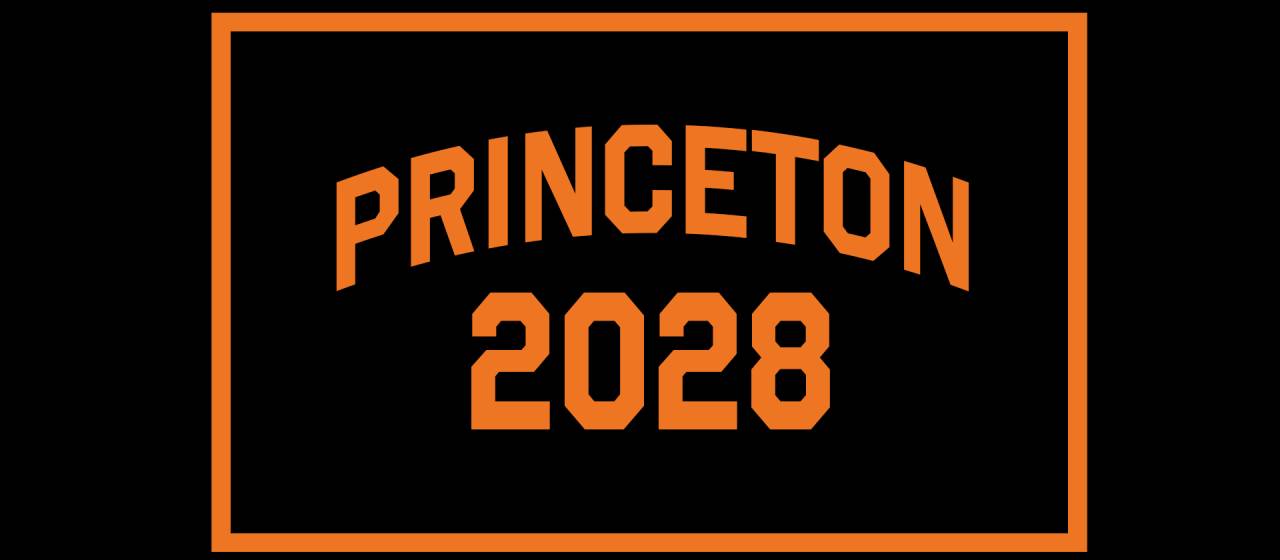Princeton welcomes Class of 2028, growing transfer student community
Princeton welcomed 1,411 first-time, first-year students in the Class of 2028 for the opening of the 2024-25 academic year. Thirty-six transfer students also joined the undergraduate community, which represents the largest group of incoming transfers since the program’s reinstatement in fall 2018.
The first-year Class of 2028 includes 16.3% who are first-generation college students and 11.2% who are children of alumni.
The number of undergraduates receiving financial aid continues to increase under the University’s new financial aid model. In the Class of 2028, 71.5% of students qualify for financial aid and 21.7% of the class are lower-income students eligible for federal Pell Grants.
Princeton’s financial aid program, made possible by the University endowment and the sustained generosity of alumni and others, is known as one of the most generous in the country. The average aid package for an undergraduate student in 2024-25 is approximately $73,000.
Most families with incomes up to $100,000 a year pay nothing for their student to attend Princeton, and many families living in the U.S. with incomes up to and even beyond $300,000 receive grant aid, including those at higher income levels with multiple children in college.
Students in the Class of 2028 come from 48 states and Washington, D.C. International students represent 56 countries, including El Salvador, Estonia, Hungary, Indonesia, Kenya and Portugal.
On their applications, 65.8% of first-time enrolled students indicated an interest in Princeton’s bachelor of arts degree, and 28.5% percent indicated an interest in the University’s bachelor of science in engineering degree. The remainder of students indicated they are undecided.
Dean of Admission and Financial Aid Karen Richardson, a 1993 Princeton graduate, welcomed incoming students to campus. “We are excited to welcome this incredibly accomplished group to the Princeton community. My colleagues and I look forward to hearing about how they help shape and contribute to discussions across campus in the years to come.”
Undergraduate and transfer student expansion
The Class of 2028 enters Princeton amid a four-year undergraduate expansion that will increase the student body by 500 students. The enrollment increase, paired with Princeton’s generous, no-loan financial aid program, will ensure that more talented students from all backgrounds have access to a Princeton education.
The undergraduate expansion includes an increase in the transfer student community on campus. Princeton announced in 2022 a multi-year increase in its transfer program, which is aimed at enrolling more students from military and community college backgrounds.
Of the 36 transfer students entering Princeton this fall, 23 have served in the U.S. military.
Twenty-six transfer students matriculated from community colleges, such as Mercer County Community College and Rowan College at Burlington County in New Jersey, and Bronx Community College and Suffolk County Community College in New York.
Before the academic year began, nearly 200 incoming students participated in the Freshman Scholars Institute (FSI) Residential and Online programs this summer. Both the in-person and virtual experience offer students the opportunity to earn one or two Princeton class credits, learn from Princeton faculty, become familiar with the University’s many academic and well-being resources, and build community and friendships.
FSI is one of many programs offered through the Emma Bloomberg Center for Access and Opportunity to empower all students to successfully navigate the University’s many resources to achieve their academic, personal and long-term professional goals.
The Office of Admission also works with college access groups that support students, including those from lower-income and first-generation backgrounds, such as QuestBridge, Leadership Enterprise for a Diverse America (LEDA) and the Princeton University Preparatory Program (PUPP). Admission also works with transfer support networks and veteran and military programs, including Service to School and the Warrior-Scholar Project, in preparing U.S. military veterans and service members for higher education. The University is a member of the American Talent Initiative (ATI), a national effort to expand college access and opportunity for talented lower- and moderate-income students.
Princeton’s holistic admissions process carefully adheres to the limits set out by the Supreme Court in the Students for Fair Admission v. Harvard College and University of North Carolina cases.



